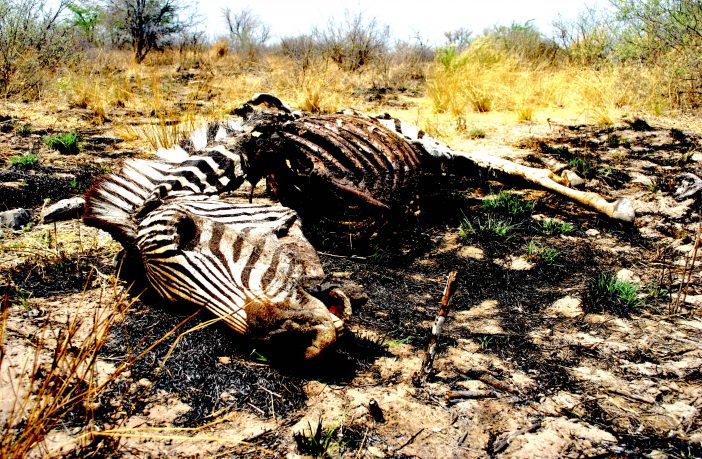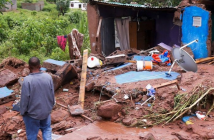Opinion
- Earlier this month Investec released a separate climate risk disclosure report aligned with the recommendations of the Task Force on Climate-Related Financial Disclosures (TCFD).
- It provides shareholders with a clear breakdown of the bank’s fossil fuel exposures and, crucially, correctly categorises natural gas as a fossil fuel.
- There are, however, significant gaps: the bank has not conducted any climate scenario analysis; and does not set out any targets for carbon emission metrics – essential for achieving alignment with climate goals.
Gone are the days where the well-healed proudly offer to pay for a business lunch with an Investec card. The grey card is quite appropriate in colour considering the banks slow pace in coming clean on their dirty fossil fuel investments.
Their climate risk disclosure report reveals (if it is to be believed), that renewable energy investment accounts for only 26% of their total investments in the energy sector. They are still heavily weighted in coal, oil and natural gas. Their total reported investment in fossil fuels is R8 085 million while Renewables trails at R 2 821million.
Their report headlines ‘Investec has been on a sustainability journey since inception. We are constantly building on our deeply held belief that we live in society, not off it. The success of our business requires a focused and deliberate approach to all sustainability considerations’.
Really?
Then why is your report not fully align with the TCFD recommendations? There are some significant gaps: for example, the bank has not conducted any climate scenario analysis. It also does not set out any targets for carbon emission metrics, which is essential for achieving alignment with climate goals. The report is thin on the commitment to disclose the carbon footprint of their property portfolio, transport finance and other investment portfolios where second and third-tier carbon emissions consequences exist.
Investec is the last of the big five banks in South Africa to table a climate risk-related shareholder resolution. In 2019, Standard Bank and FirstRand tabled resolutions on climate risk disclosure that were filed by shareholders. Earlier in 2020 Nedbank and Absa voluntarily tabled similar resolutions (although Nedbank’s resolution was an ordinary resolution, binding on the company, whereas Absa tabled its resolution as a “non-binding advisory vote”).
At the time of writing this article, Investec’s share price was R3 239.00, way off a 52-wk high of R9 244. 00. Understandably the Covid19 effect has rocked the banking sector in South Africa and Investec has not been spared. However, I believe Investec’s unbalanced exposure to fossil fuel investment is going to delay their share price recovery significantly.
Author: Bryan Groenendaal















